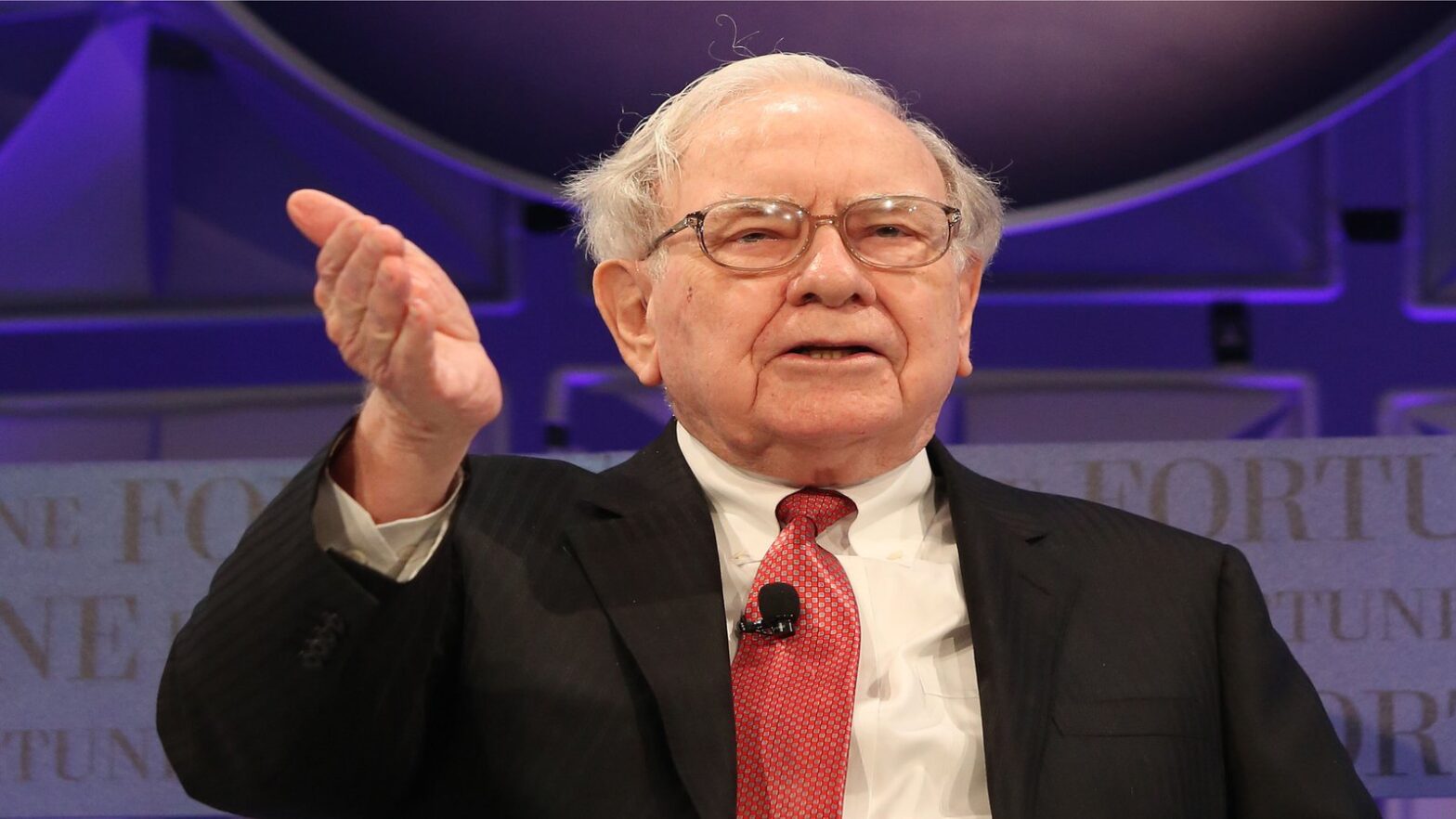Shorting stocks is not for the faint of heart or conservative investors. When you short stocks, of course, the companies that you’re betting against are working against you, since they want their share prices to increase. As a result, in their communications with the outside world, they will emphasize the positive aspects of their firms’ businesses and extensively discuss their firms’ strengths and opportunities.
For a while, these efforts to highlight these points will often boost the share prices of even the weakest companies and those with tremendously overpriced stocks. But as Warren Buffett famously said, “Only when the tide goes out do you discover who’s been swimming naked.” In other words, eventually, weak firms’ problems which they try to hide and deemphasize will catch up to them.
Patient short sellers who wait for the point at which “the tide goes out” on such firms will profit handsomely. Here are three such stocks to short.
Coinbase (COIN)
The Street appears to be ignoring the likely impact on Coinbase (NASDAQ:COIN) of a huge decline in cryptocurrency trading. Coinbase generates much of its revenue from crypto trading on its exchange.
Specifically, in August “The combined cryptocurrency spot and derivatives trading volume on centralized exchanges declined 11.5% to $2.09T,” according to Seeking Alpha,
Moreover, Japanese bank Mizuho recently pointed out that the trading volumes on Coinbase have continuously declined this year. The bank believes that retail investors may have “fatigue” when it comes to cryptos. Mizuho indicated that it expects COIN stock to fall going forward and kept an “underperform” rating on the shares.
Meanwhile, the SEC’s lawsuit against Coinbase, which could ultimately prevent the exchange from enabling trading on all cryptos except Bitcoin (BTC-USD), is still yet to be resolved.
Despite these huge challenges, COIN has a very high trailing price-sales ratio of seven times.
GameStop (GME)
GameStop (NYSE:GME) may be playing an accounting game in order to boost its bottom line for a limited period of time.
I believe that could be the case because, in the second quarter, the company’s Accounts Payable (the amount that it owes other firms) soared to $378 million versus $214 million during the same period a year earlier. So the firm may be delaying paying its bills in order to temporarily inflate its profits, in order to enable the company’s insiders and institutional investors to sell their GME stock at relatively high prices to retail investors who are probably not looking at the details of the company’s financial results.
Also noteworthy is that, even though GME reported a Q2 net loss of only $2.8 million, its operations burned $109.1 million of cash, while its investing activities burned another $52.2 million of cash. Cumulatively, it lost a rather large $164.6 million of cash in Q2, up from a decline of $126.6 million in Q2 of 2022.
Given these points, GME is definitely one of the best stocks to short now.
Airbnb (ABNB)
I have long believed that, after the summer of 2023, leisure travel trends would decelerate because Americans’ “revenge” travel following the pandemic would have been satiated by then. Now there are some data points suggesting that such a trend, which would be harmful to Airbnb (NASDAQ:ABNB), is indeed materializing.
Specifically, two discount airlines: Spirit (NYSE:SAVE) and Frontier recently warned that their Q3 revenue was trending below their previous expectations. Many of the consumers who use discount airlines would likely be Airbnb’s customers since the latter company’s rates tend to be significantly lower than hotels’ prices.
Moreover, given the elevated prices of both oil and labor, some airlines may have to start raising their prices soon, further depressing travel trends and harming ABNB’s business.
Despite these challenges, ABNB stock is changing hands at an elevated forward price-earnings ratio of 33.4. And that forward P/E ratio may be based at least partly on overly optimistic earnings forecasts that don’t take into account the developing travel deceleration.
On the date of publication, Larry Ramer held short positions in COIN and GME. The opinions expressed in this article are those of the writer, subject to the InvestorPlace.com Publishing Guidelines.






